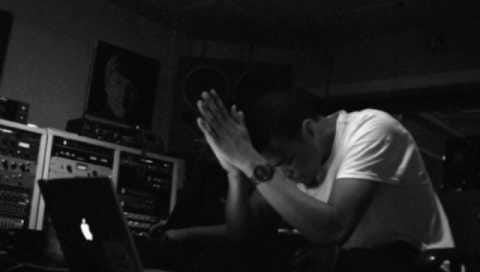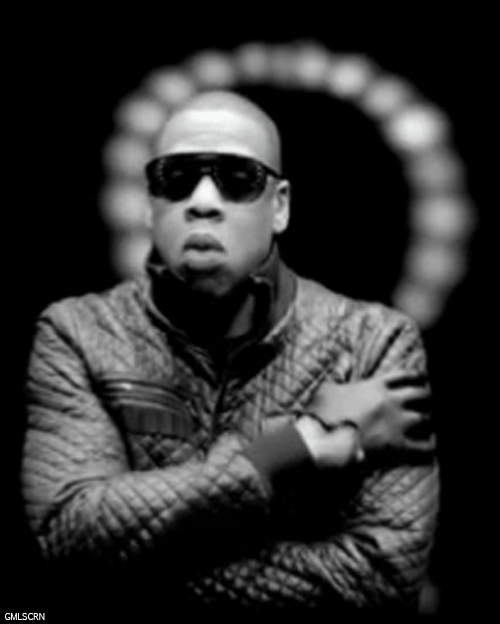IS HIPHOP A EUPHEMISM FOR A NEW RELIGION
Hip-hop has always been more than just a genre—it’s a reflection of life’s complexities, including faith, morality, and spirituality. For decades, artists have used religious imagery to address their struggles, triumphs, and existential questions. From Biblical parables to Islamic philosophy, hip-hop’s engagement with religion is as dynamic as the culture itself. Artists like Jay-Z, Kendrick Lamar, J. Cole, and the Wu-Tang Clan exemplify how the sacred intersects with the profane in ways that resonate with millions.
Jay-Z has long woven religious references into his lyrics, often framing them as metaphors for life’s trials. On “Lucifer” from The Black Album, he flips the Biblical battle of good versus evil into a tale of revenge, embodying Lucifer as a symbol of temptation and ambition. But Jay’s approach isn’t purely storytelling—he often uses religious allusions to critique societal hypocrisy, as seen on “Heaven” where he asks, “Have you ever been to heaven? Have you ever seen the gates? / Have you bowed unto your Highness and do you know how heaven tastes?” These lines show his grappling with faith amidst wealth, power, and sin.
Kendrick Lamar’s relationship with religion is raw and deeply personal. His 2015 album To Pimp a Butterfly is packed with spiritual undertones, but it’s DAMN. where Kendrick confronts the duality of sin and redemption. On “FEAR.”, he wrestles with generational trauma and God’s judgment, while on “DUCKWORTH.”, he frames a near-death moment as divine intervention. Kendrick’s art isn’t just a confession—it’s a reflection of a man caught between worldly desires and spiritual accountability, making his music feel like modern-day scripture for the broken and hopeful.
J. Cole’s spirituality comes with a heavy dose of introspection. Unlike Kendrick’s fiery sermons or Jay-Z’s critiques, Cole often presents himself as a flawed seeker of truth. On “Born Sinner”, he raps, “I’m a born sinner, but I’ll die better than that, I swear,” capturing the essence of his journey toward self-improvement. His mixtapes and albums often reference God and prayer, balancing his questioning of religion with the recognition of its power as a guide through adversity.
Meanwhile, the Wu-Tang Clan brought an entirely different energy to spirituality in hip-hop. Deeply influenced by the Five Percent Nation, their music incorporates Islamic teachings, numerology, and Eastern philosophy. Tracks like “C.R.E.A.M.” are layered with subtle lessons about materialism and morality, while “Triumph” is an intricate web of metaphysical imagery. RZA, the group’s spiritual leader, often draws parallels between kung fu mysticism and life’s spiritual battles, blending ancient wisdom with the gritty realities of life in Staten Island.
Religion in hip-hop isn’t just about quoting scripture or invoking God—it’s about using faith as a tool to make sense of the world. Whether it’s Jay-Z exploring moral ambiguity, Kendrick Lamar seeking salvation, J. Cole’s quiet reflection, or Wu-Tang’s esoteric teachings, these artists prove that hip-hop is a powerful platform for exploring the sacred and the profane. Through their work, we’re reminded that the spiritual journey is universal, transcending beats and bars to tap into something far greater.







